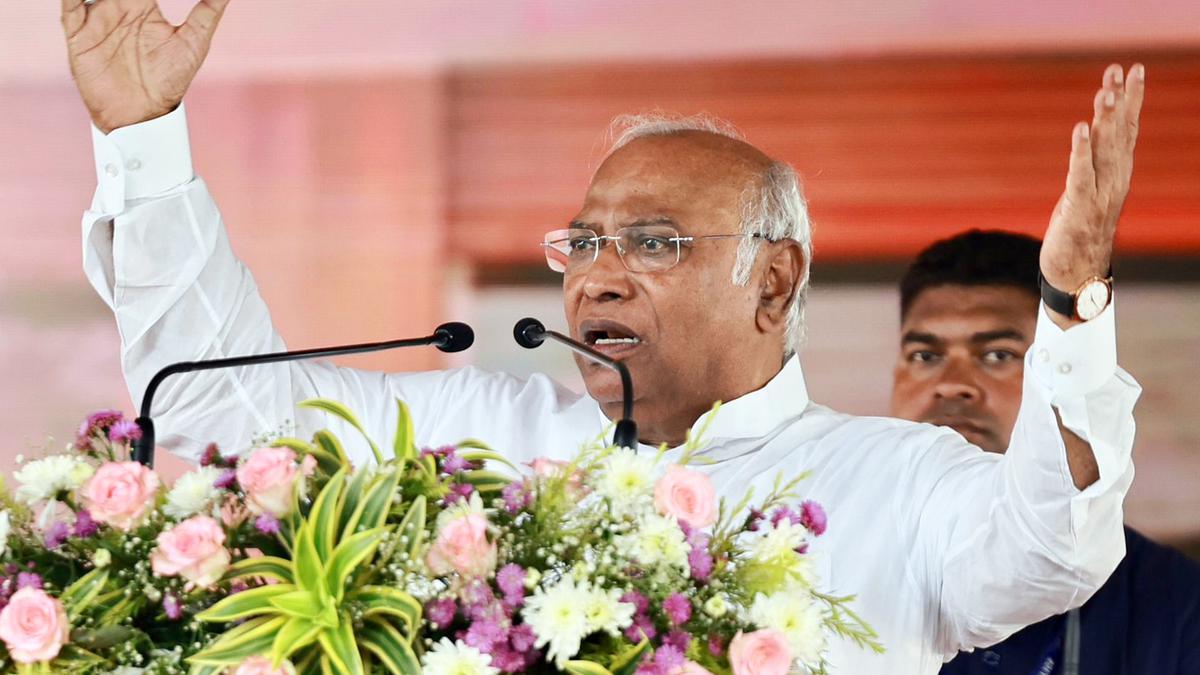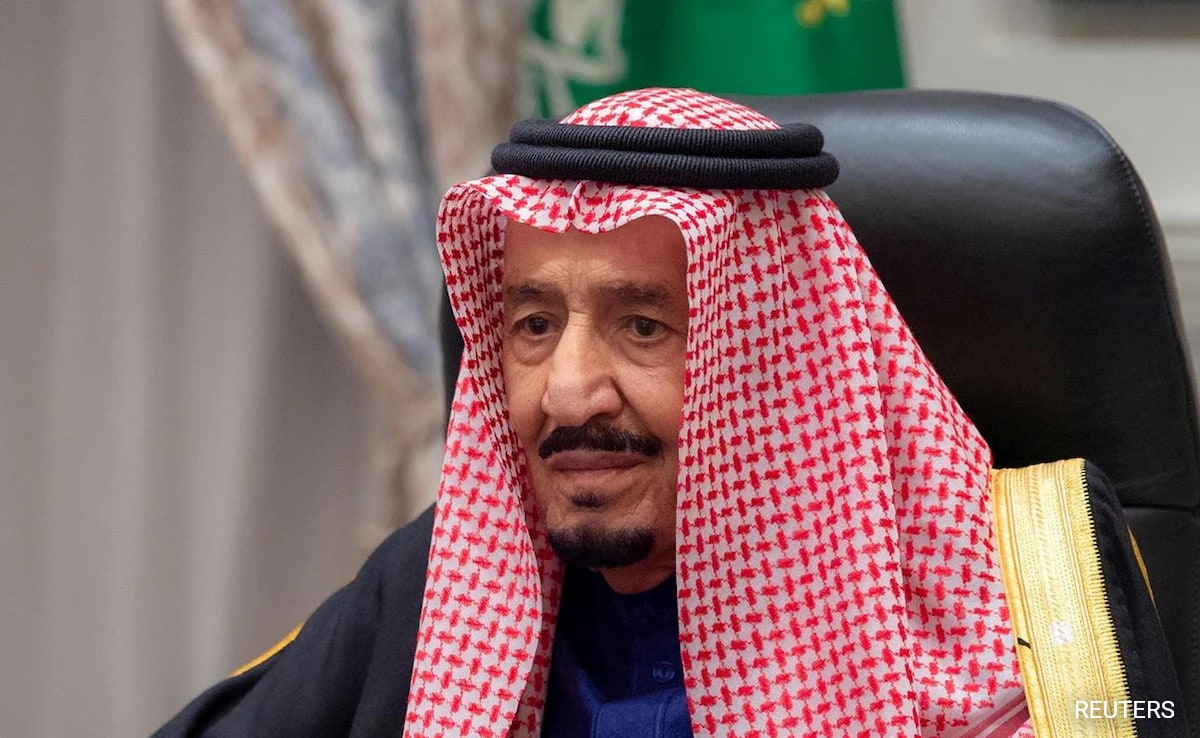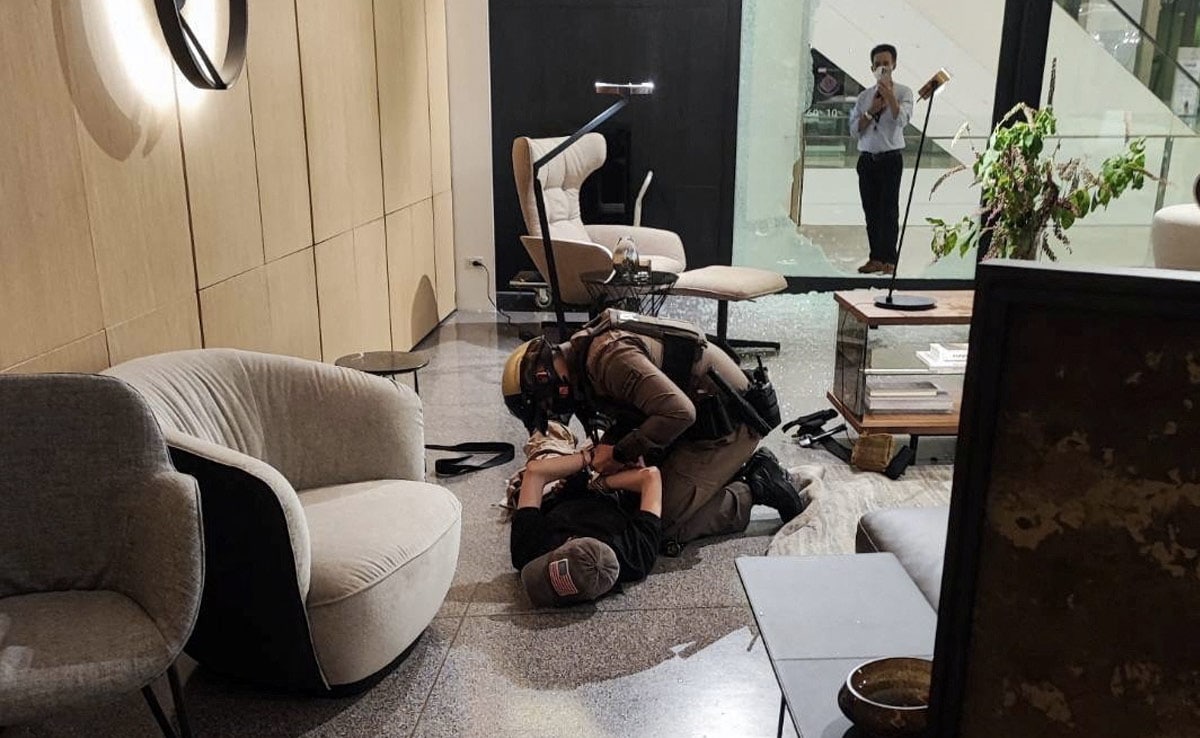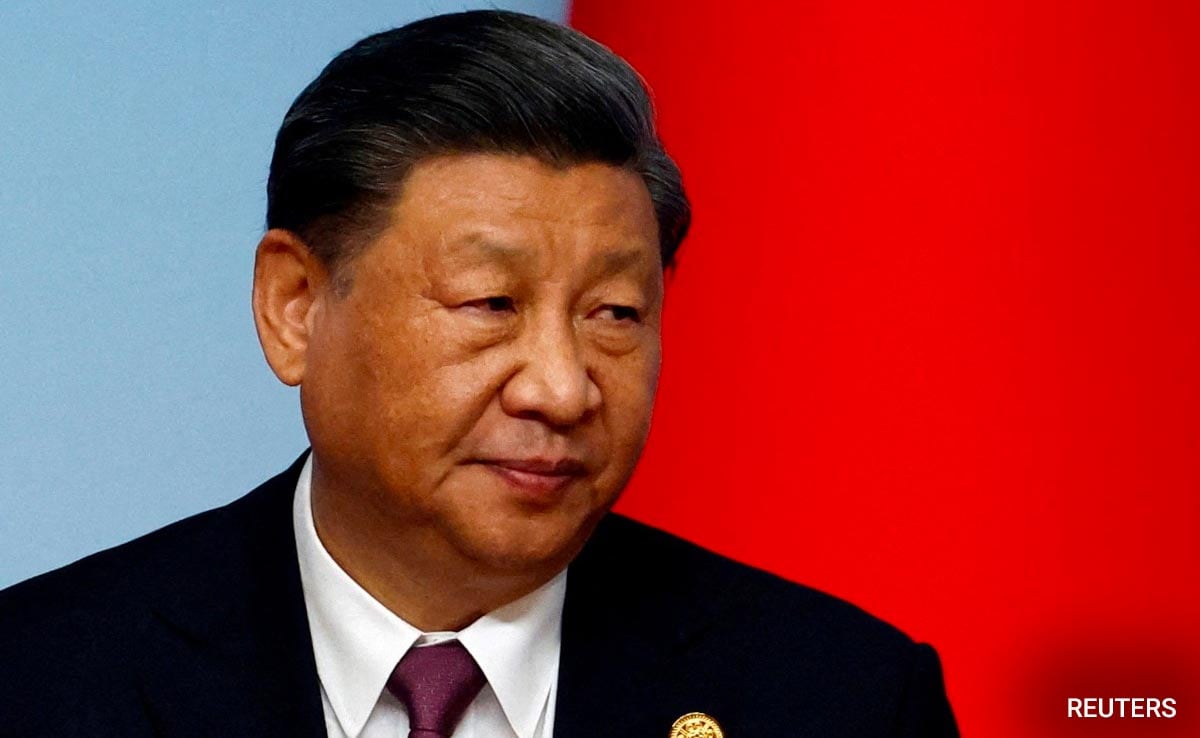The two Egyptian inmates ate a routine final dinner in a prison in northern Saudi Arabia, not knowing they would be put to death for drug crimes the next morning.
Their abrupt killing this month extended a recent spree of drug-related executions in Saudi Arabia, after officials ended a moratorium on the death penalty for such crimes less than two years ago.
The cases have spurred outcry from human rights groups and spread fear in Tabuk prison, near the Jordanian border, where inmates said more than 50 defendants have been sentenced to die over drug smuggling and worry their executions could come at any moment.
“We do not know whose turn it is. Maybe it is me or my closest friend,” said Mohammed, a 40-year-old Egyptian who ran a hotel in Riyadh before his arrest in 2015 for receiving a shipment of furniture that turned out to be stuffed with drugs. “We are not notified in advance to say goodbye to our loved ones or even prepare ourselves psychologically,” Mohammed, in tears, said by phone from the Tabuk facility.
Since May, Saudi Arabia has executed 28 people on drug-related charges, according to a tally based on official statements, up from just two in all of 2023.
The authorities deem the executions to be compatible with the Sharia law — the Islamic legal code based on the teachings of the Koran — and necessary to “maintain public order”.















